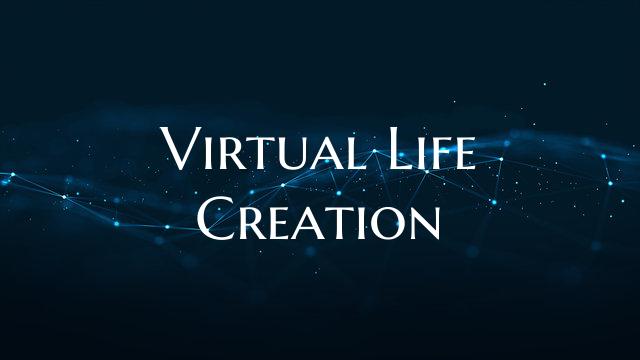Virtual Life Creation
In today's digital age, the concept of virtual life creation is revolutionizing the way we interact with technology, enabling users to immerse themselves in new and exciting virtual worlds. With advancements in virtual reality (VR) and artificial intelligence (AI), the boundaries between reality and fantasy are becoming increasingly blurred, allowing individuals to create and experience their own unique digital realities.
One of the key aspects of virtual life creation is the ability to design and customize virtual avatars or characters that represent users in the digital realm. These avatars can be personalized to reflect individual preferences in appearance, style, and behavior, offering a sense of identity and self-expression within virtual environments. Users can explore diverse virtual worlds, interact with other avatars, and engage in a wide range of activities that may not be possible in the physical world.
Furthermore, virtual life creation extends beyond mere representation, as AI technologies are now enabling the development of intelligent virtual beings that can interact with users in meaningful and realistic ways. These AI-driven virtual characters can learn from user interactions, adapt their behavior based on feedback, and even hold conversations that simulate human-like communication. This opens up exciting possibilities for virtual companions, teachers, advisors, or even performers in virtual entertainment experiences.
The potential applications of virtual life creation are vast and multifaceted. From immersive virtual simulations for training and education to virtual social platforms for communication and collaboration, the integration of virtual beings into our daily lives is reshaping the way we connect, learn, and entertain ourselves. Additionally, industries such as gaming, film, architecture, and healthcare are leveraging virtual life creation technologies to enhance user experiences and drive innovation in their respective fields.
As we continue to push the boundaries of virtual life creation, ethical considerations around data privacy, digital security, and the impact on human behavior must be carefully examined. While virtual environments offer unprecedented freedom and creativity, they also raise important questions about the distinction between real and virtual experiences, the implications of long-term immersion in digital worlds, and the potential consequences for social interactions and mental well-being.
In conclusion, virtual life creation represents a paradigm shift in how we engage with technology and construct our digital identities. By harnessing the power of VR, AI, and other cutting-edge technologies, we are entering a new era where the lines between reality and fantasy are increasingly blurred, offering endless possibilities for creativity, exploration, and self-discovery in the virtual realm.

